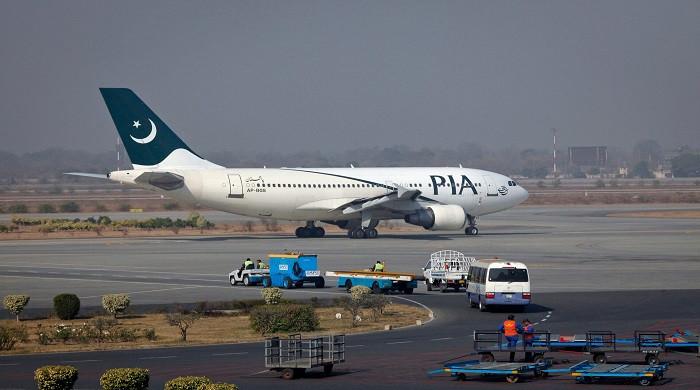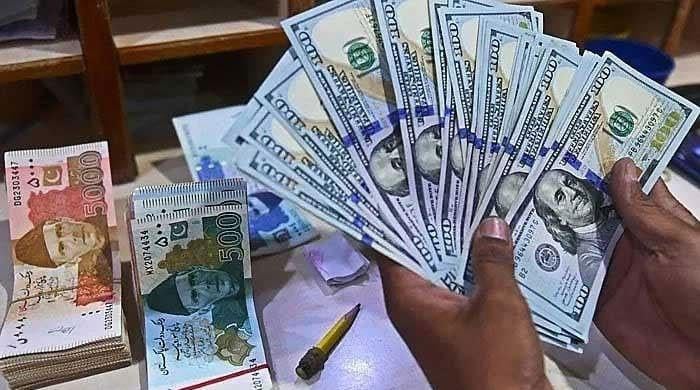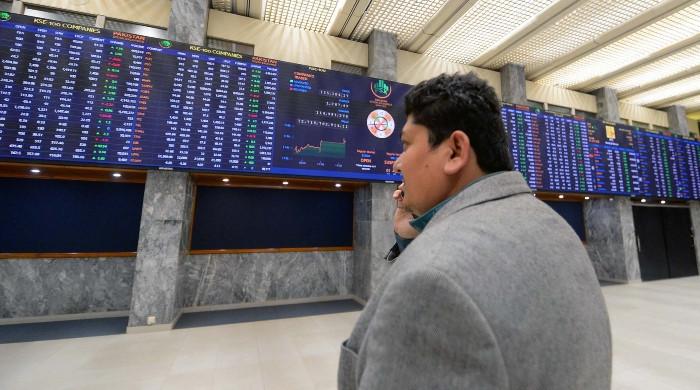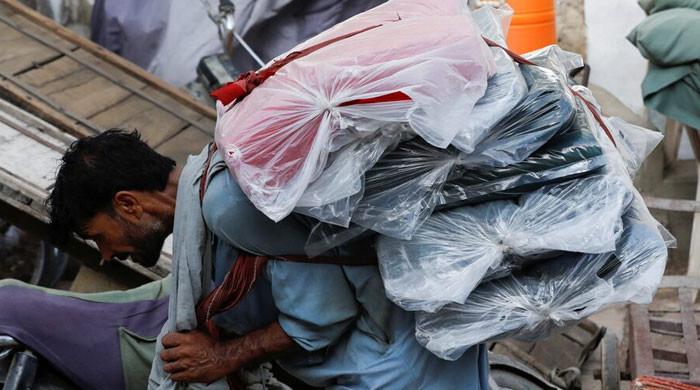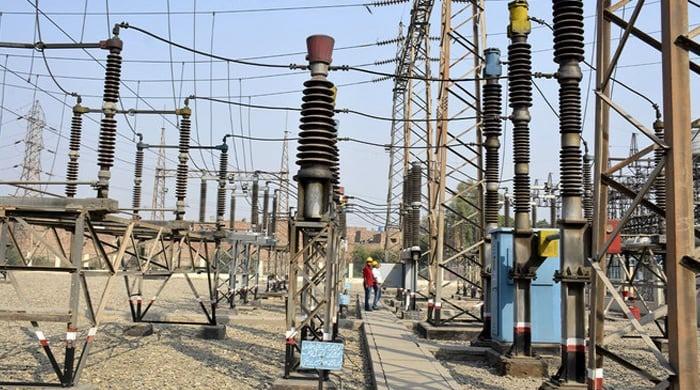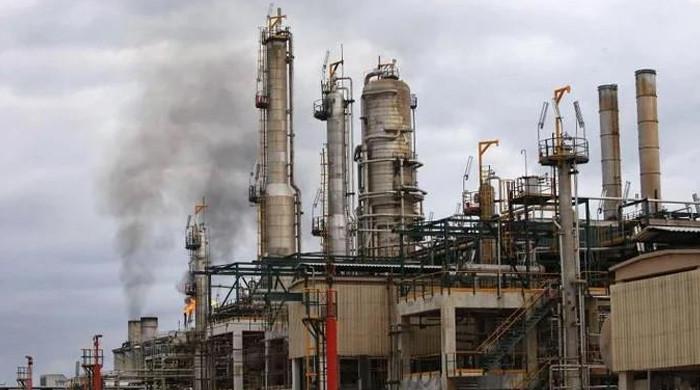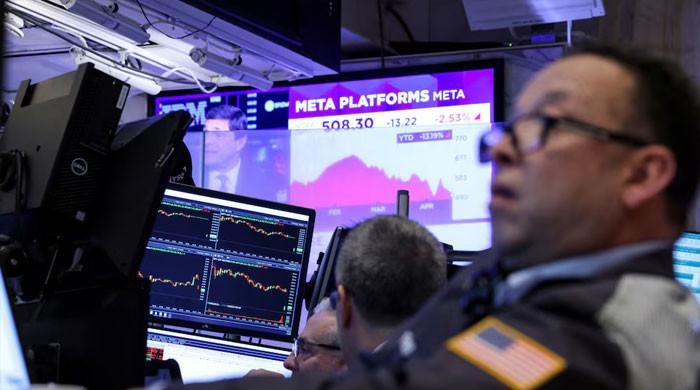Pakistan apprises IMF of steps taken taken to stabilise food prices
IMF mission is currently on a visit to review the economic performance
February 09, 2020
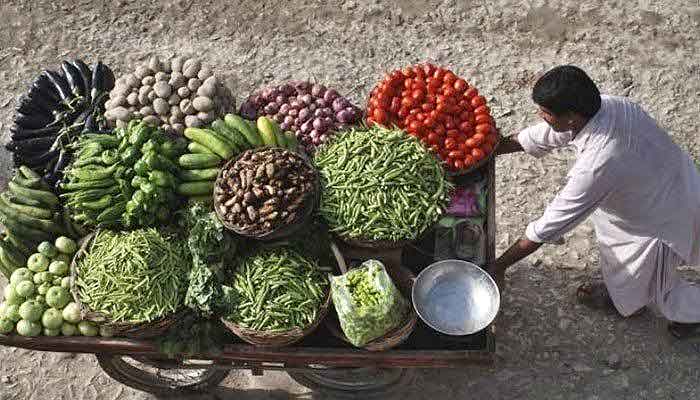
ISLAMABAD: Amid growing concerns over the record inflation and its impact on the masses, the PTI government has told the International Monetary Fund (IMF) that the steps taken in this regard would stablise the food prices in the coming months.
Minister for National Food Security and Research Khusro Bakhtiar said the government was taking all the necessary measures for management of food inflation.
Related: Govt has taken several initiatives to bring down prices, says Hafeez Shaikh
“A bumper wheat crop is expected this year and there will be no issue of wheat supply in the coming months,” Bakhtiar told IMF staff mission during a meeting, according to The News.
The mission is currently on a visit to Pakistan to review the economy’s performance in line with the conditions related to the Fund’s loan programme. The successful review would pave the way for release of third tranche under the $6 billion extended fund facility.
Senior officials from the ministries of food, finance and State Bank of Pakistan were also present during the meeting.
‘Relief to masses top priority’
Prime Minister Imran Khan on Saturday said his government will go to any extent to provide relief to masses and check price hike of essential commodities.
He expressed these views while chairing a meeting of his economic team with reference to key commodities’ prices, including flour, sugar, cooking oil and rice.
Read more: Pakistan stocks take a battering as IMF shadow looms large over revenue shortfall
The meeting took stock of the steps for bringing prices of these items down under the premier’s directions.
Those in attendance were Adviser to PM on Finance Dr Abdul Hafeez Shaikh, Minister for Economic Affairs Division Hammad Azhar, Special Assistant to PM Dr Sania Nishtar, Minister for Maritime Affairs Ali Zaidi, PTI leader Jahangir Tareen, Shahbaz Gill and USC chairman.
Actual inflation
Meanwhile, Pakistan Bureau of Statistics (PBS), citing estimates of various researchers, said January inflation was around 13 per cent, whereas the actual inflation compiled by it was 14.6 per cent, “more than what was estimated”.
“The inflation is higher because the prices were collected during the peak of the price surge in mid of the month,” it said in a statement. “It (PBS) followed standard operating procedures regarding time schedule for data collection.”
PBS denied an impression that inflation figure was understated, saying the institution is unbiased towards compilation and publication of price statistics.
The bureau said it collects real-time prices data based on android technology equipped with global positioning system and monitored at different levels.
The prices data collection, validation and publication are well synchronised with best global standard classification of individual consumption by purpose.
It compiles data without any political intervention or motivation and transparency is ensured regarding city-wise price data. “Therefore, fudging of the data is not possible,” it added.




